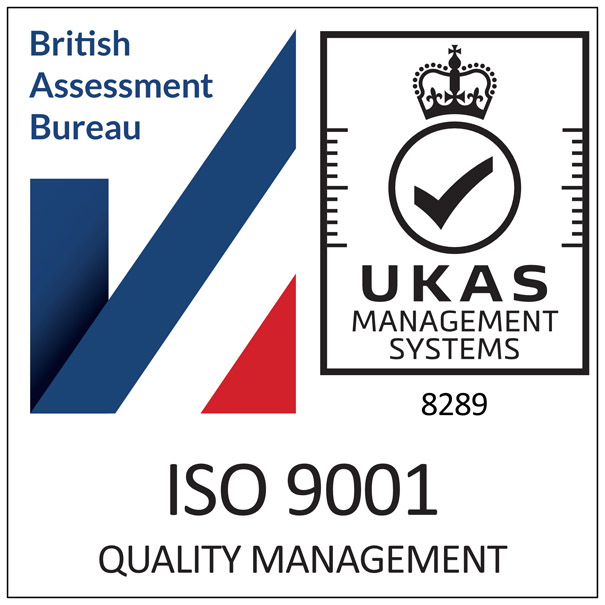
There is nothing more frustrating for a project owner than finding that a newly completed landscaping project does not live up to expectations. When we visit sites, we often find that project issues could have been easily averted if the correct landscaping fabric had been chosen at the outset. It’s easy to assume that landscape fabric is a one-size-fits-all roll that you keep in the back of the van. Not so! Read our top five issues to make sure they don’t happen on your watch!
1) Don’t use landscape fabric alone to tackle invasive plants
Invasive weeds such as couch grass need to be chemically treated before any fabric is laid in top. Bamboo and Japanese knotweed are notorious for having deep invasive roots and a strong tendency to spread if not controlled. Landscape fabric should not be used to deal with either – growth is so vigorous that it will simply bust through any landscape fabric laid down.
We recommend seeking specialist advice to deal with Japanese knotweed as it can require two to three years of repeated treatment to eradicate fully. Bamboo is less problematic, but it still requires either digging the roots out repeatedly until they don’t come back or using some sort of chemical treatment. We have written about dealing with bamboo in more detail here.
2) Avoid using lightweight fabric on drives
Landscape fabrics used on drives must be strong enough to hold the sub-base, otherwise the fabric will be compromised. A lightweight fabric will easily rip and shred from the force of the vehicle load, causing an uneven surface. It’s important to use a heavy-duty driveway membrane, such as Drivetex, that is suitable for the task at hand. Drivetex is a non-woven geotextile that allows drainage but prevents the settlement of aggregates into the soil beneath. If settlement does occur, it will cause sinking and rutting to appear in the drive.
3) Don’t wrap or line drains with woven landscape fabric
Using the wrong fabric to wrap or line drainage applications can drastically reduce the efficiency and capacity of the drain. For example, a woven fabric will result in poor drainage as it will not allow enough water through – this can lead to waterlogging and flooded gardens. The fabric must have a stable but open structure, allowing it to filter debris to prevent clogging, but also allow water to pass through at a high flow-rate. Draintex is a standard duty, non-woven drainage geotextile fabric with excellent drainage and filtration properties.
4) Don’t use standard weight landscape fabric under block paving
Using a standard weight woven landscape fabric under block paving applications can be disastrous for two reasons. Firstly, even if it’s a heavy-duty weed membrane, it’s still not strong enough to be buried underneath block paving, and the surface will soon sink and rut. This is a common mistake as many assume that what can be used under patios can also be used under block paving. In addition to this, the pores of a woven fabric are too small to allow the volume of water required to drain freely through – this will stop water from filtering through permeable block paving to the ground below, resulting in pooling on the surface. A strong, non-woven geotextile such as Drivetex should be used under block paving.
5) Avoid using weed membrane under artificial grass
Artificial grass needs a fabric underneath it to be strong enough to take the weight of the grass. If it isn’t, the grass will sink and become uneven, making it easy for the fabric underneath to tear in the ground. A strong permeable fabric such as Drivetex or Draintex should be used – this will support the weight of the artificial grass whilst allowing water to permeate through to the ground below.
Not all landscape fabrics are equal! We always recommend checking that the landscape fabric being used is of sufficient strength and permeability for the job at hand. If that information is not provided on the product, don’t use it, because it’s most likely not up to the job. Our colour coded product selector makes it easy to identify the correct fabric and find it in-store. For further advice on specific applications, call one of our friendly experts – they’ll be happy to help.
You can find out where to buy Growtivation products here, or contact our friendly team for advice on 0800 197 8885 or email sales@growtivation.com.












